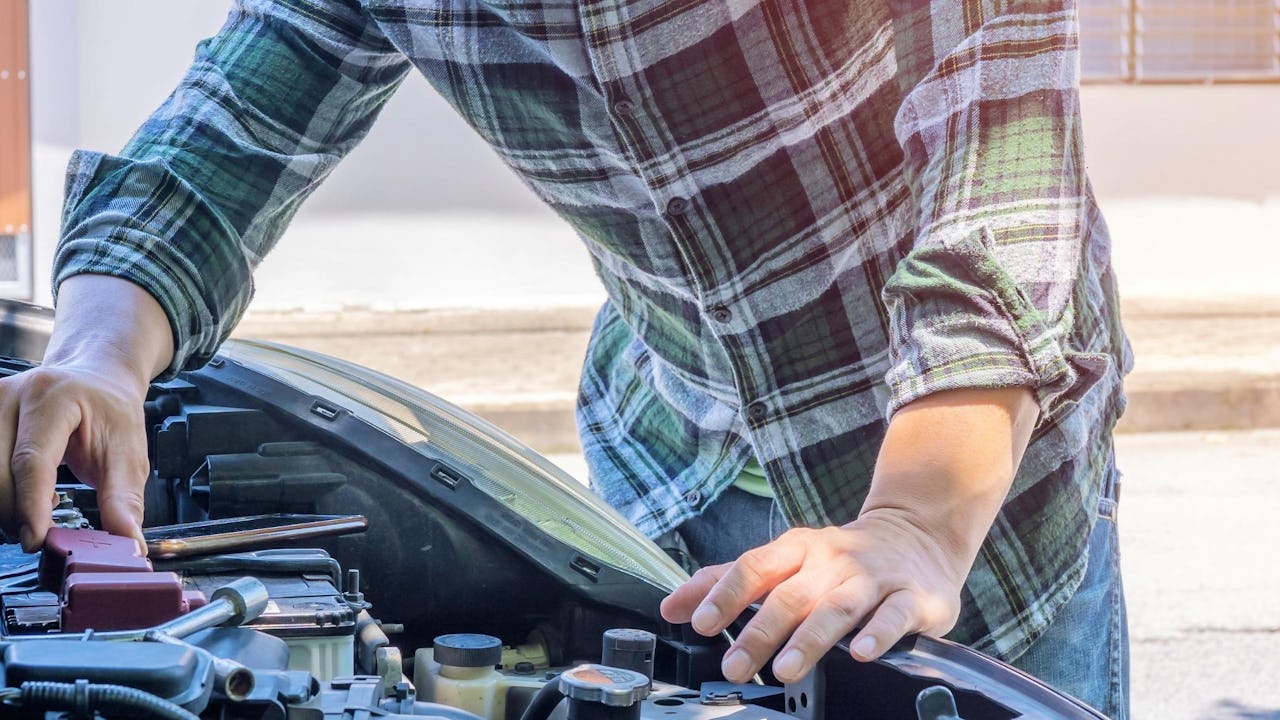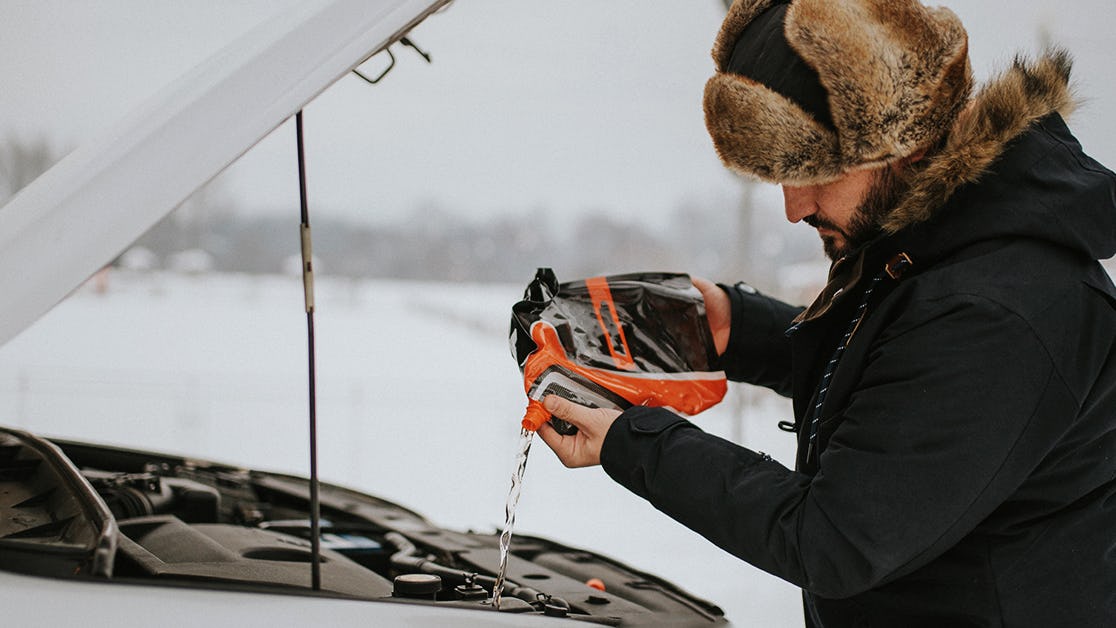Healthy boundaries mean sharing the road
Ask any therapist and they’ll tell you – good relationships start with healthy boundaries.
The same can be said about the relationship between cyclists and motorists. Both need to share the road and respect each other’s boundaries.
Lately, the need for understanding is even greater (check out CAA’s take on it in this clever commercial.)
Since March 2020, when COVID-19 hit in earnest, a third of Canadians said they hop on their bike more often. That’s great – but collisions with motor vehicles make up nearly three-quarters of fatal cycling accidents on Canadian roads.
Yet, just as in therapy, if you ask who is to blame for traffic incidents, there’s a lot of ‘he said-she said’ finger pointing. Almost 60 per cent of Canadians blame a lack of attention to cyclists, while 58 per cent blame cyclists for disregarding bike safety rules.
The upshot is that 1 in 5 Canadians don’t feel safe cycling in their community. This, despite the vast majority of road users agreeing that, yes indeed, everyone would be safer if we just shoulder checked for cyclists, left space between cars and bikes and slowed down.
What’s the solution? Glad you asked. It may sound like a tired old trope, but awareness and cooperation are the only way to ensure everyone stays safe.
- Leave at least one metre of space. A cyclist may need to avoid an obstacle, like a pothole, on the side of the road. Leaving space allows everyone to remain safe.
- Be alert and stay focused. Distracted driving is one of the leading causes of collisions in Canada.
- Drivers: Check your mirrors and blind spots before turning, changing lanes, passing, or merging.
- Be predictable and use your turn signals or hands to show your intentions, and always obey traffic signals and signs. Two-way communications between a driver and a cyclist can save lives.
- Stay aware of your surroundings when opening doors or biking by parked cars to avoid collisions.
- Use CAA Bike Assist. It’s now available to all CAA Members (Membership starts from $30 a year), so if you run into problems, a technician will arrive to transport your bike or do a minor repair. It’s worth the peace of mind.




